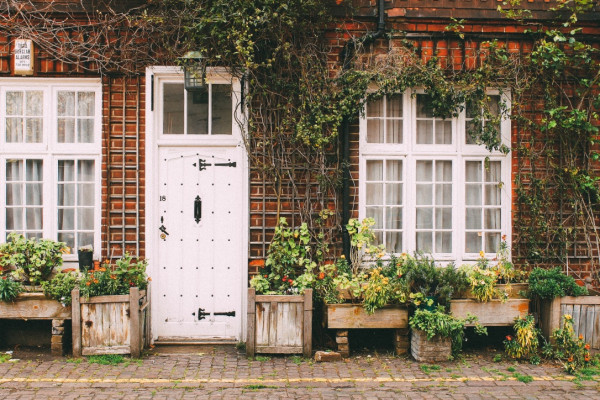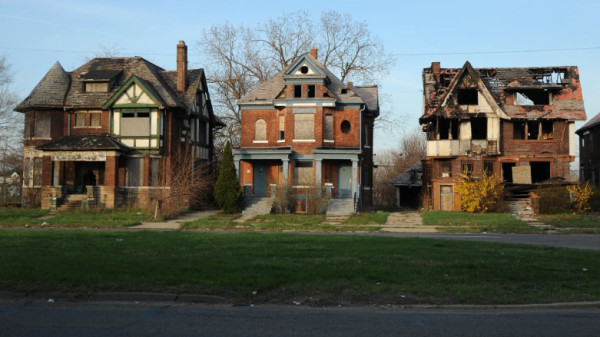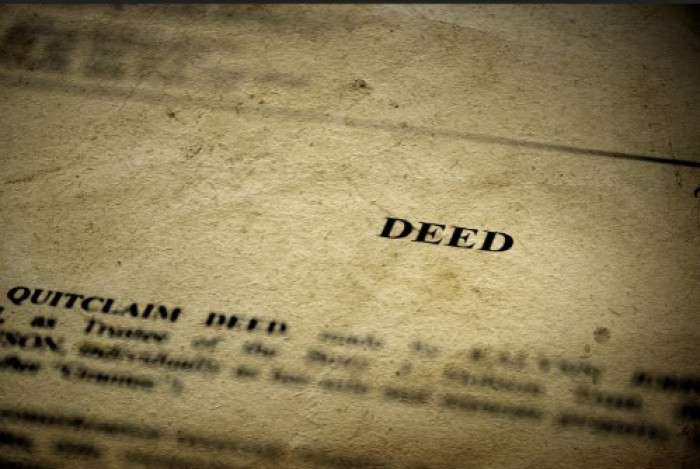What is a deed? Understanding the Cornerstone of Property Ownership
Explore the significance of deeds in real estate, learn about their types, and uncover how these documents hold the keys to your home history research.
August 22, 2023
What is a deed? Understanding the Cornerstone of Property Ownership
In the intricate world of real estate and property ownership, the term "deed" holds a significant place. Whether you're a seasoned investor, a prospective homeowner, or someone just starting to explore the realm of property transactions, understanding what a deed is and its importance is crucial. In this blog post, we'll delve into the depths of deeds, unraveling their meaning, types, and the pivotal role they play in the world of real estate.
What is a Deed?
At its core, a deed is a legal document that serves as tangible proof of ownership for a piece of property. It's a written instrument that conveys ownership rights from one party to another. Think of it as a key that unlocks the door to a property's history, rights, and obligations. A deed is not just a simple piece of paper; it's a legally binding contract that ensures the transfer of property is legitimate and well-documented.
Types of Deeds
Deeds come in various types, each serving a specific purpose in the context of property transactions. Here are some common types of deeds you might encounter:
1) General Warranty Deed: This type of deed provides the highest level of protection for the buyer. The seller guarantees that the property is free from any liens or encumbrances and will defend the buyer against any future claims.
2) Quitclaim Deed: Unlike a general warranty deed, a quitclaim deed doesn't offer any warranties or guarantees. It simply transfers the interest the seller has in the property to the buyer. This type of deed is often used in situations like transferring property between family members or in divorce settlements.
3) Special Warranty Deed: Similar to a general warranty deed, a special warranty deed offers some guarantees, but they are limited to the time the seller owned the property. It doesn't cover any potential issues that occurred before the seller's ownership.
4) Bargain and Sale Deed: This type of deed is often used in foreclosure sales or tax sales. While it doesn't provide as many guarantees as a warranty deed, it implies that the seller holds the property and hasn't conveyed it to someone else.
The Role of Deeds in Property Ownership
Deeds are not just about transferring ownership; they also contain essential information about the property's history. When examining a deed, you can learn about the property's previous owners, any restrictions or easements on the property, and even gain insights into its past uses and alterations. Deeds are recorded in public land records, making them accessible to anyone interested in researching a property's background.
The Process of Deed Transfer
The process of transferring ownership through a deed involves several steps. It usually starts with the creation of the deed, which outlines the terms of the transfer and identifies the parties involved. Once the deed is prepared, it needs to be signed by the seller and buyer in front of a notary public. The deed is then recorded in the county where the property is located, making the transfer official and part of the public record.
In the world of real estate, a deed is more than just a piece of paper – it's a cornerstone of property ownership and a gateway to understanding a property's history. Whether you're buying, selling, or simply intrigued by the stories hidden within property transactions, having a clear understanding of what a deed is and how it functions is essential. So, the next time you find yourself stepping into the world of real estate, you'll have a solid grasp of the role that deeds play in this intricate dance of property ownership.
Lastly, search the HouseNovel database to see if anyone has already saved the history of your house!

How to Prevent a Property from Becoming Abandoned
As a result of the United States housing foreclosure crisis from 2007-2010, the amount of foreclosed, abandoned, and unclaimed properties drastically increased, which can diminish the market value of surrounding properties.

Marvelous Minnesota mansions: Unlock the doors to 10 extraordinary historic homes you can tour!
Step into Minnesota's past as you explore its remarkable historic homes, providing a fascinating glimpse into the lives of influential figures, the architectural magnificence of bygone eras, and the cultural heritage of the region.

How Economic Downturns Affect Abandoned Properties
Approximately 1.5 percent of all residences in the United States are currently vacant even though the majority of housing markets are lacking homes for sale.

Cracking the code of home history: A free resource list to uncover Your home's past
Want to learn more about your home's history? Check out our insider tips and tricks to get the most out of your search.
